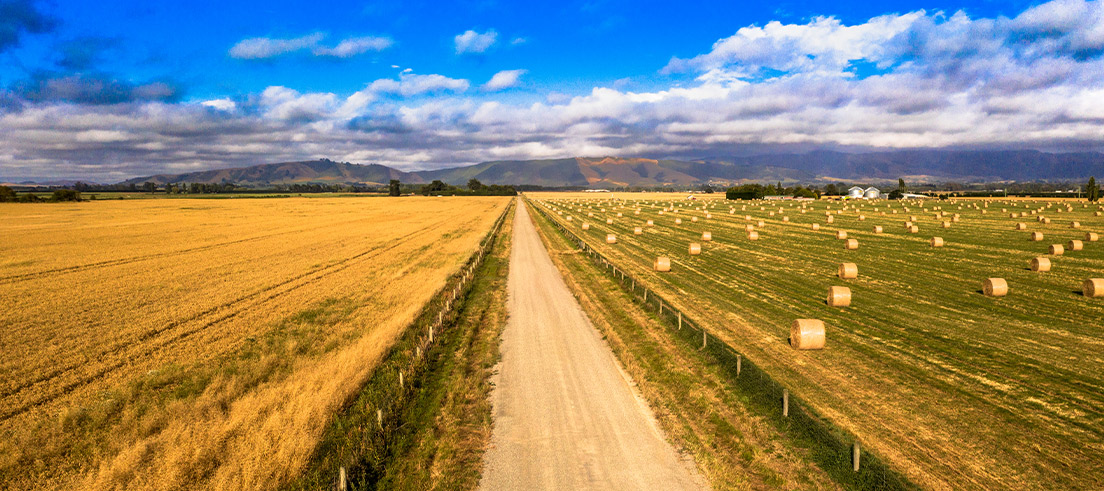
Resource management reform - it’s here
The start of our country’s journey towards a new resource management system reached a significant milestone this week.
On 23 August, the first two pieces of legislation – the Spatial Planning Act and the Natural and Built Environment Act – were passed into law. These new acts will eventually replace the current Resource Management Act 1991, which remains in force during the transition period – expected to be seven to 10 years.
These laws were designed by central Government, to one day work in tandem with a Climate Change Adaptation Act, and together the three acts are intended to eventually replace the Resource Management Act (RMA).
The passing of this legislation is significant for us as it represents the first step in our transition to a new resource management system.
What it means for us
With the new legislation taking effect, a handful of specific provisions took effect on August 24. These include provisions related to resource consents, freshwater planning, contaminated land, aquaculture, and compliance and enforcement.
Of particular importance to our region are the new provisions for freshwater which affect how applications for resource consent received after 24 August 2023 are to be processed and decided.
Some applications for replacement freshwater consents must not be publicly notified, and freshwater consents are limited to a maximum duration of five years past the expected date new freshwater rules in a region’s Natural and Built Environment Plan come into force (some exceptions apply).
What this means for the current RMA
It will take up to 10 years to transition to the new resource management system. This means that the Resource Management Act, and any RMA documents prepared under it remain in force, during the transitional period. This includes all existing national directions, RMA plans and resource consents.
Once we’re past the initial response phase we’ll be turning our attention to medium and longer term impacts and will update this page when we can.
In the meantime, please see the Ministry for the Environment's website for more information.
